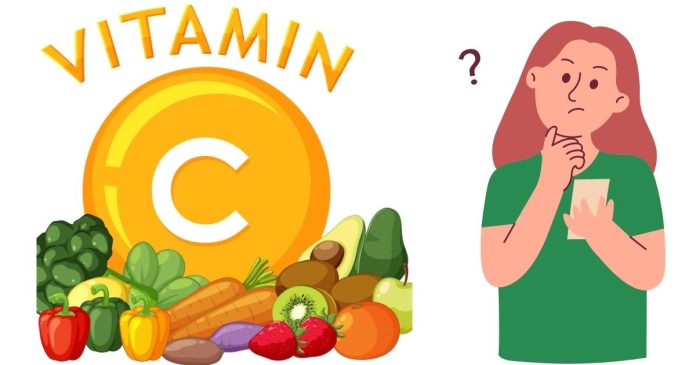Vitamin C, also known as ascorbic acid, is an essential nutrient that plays a vital role in various bodily functions. It’s a powerful antioxidant that helps protect cells from damage, supports immune function, and is necessary for the production of collagen. Despite its importance, vitamin C is often underconsumed, leading to a range of health problems. In this article, we’ll know the truth behind the statement: “Vitamin C is an underconsumed nutrient.”
The Prevalence of Vitamin C Deficiency
According to the National Institutes of Health (NIH), vitamin C deficiency is a significant public health concern. A 2018-2019 survey conducted by the National Health and Nutrition Examination Survey (NHANES) found that approximately 10% of adults in the United States had a vitamin C deficiency.
Risk Factors for Vitamin C Deficiency
Certain groups are more susceptible to vitamin C deficiency, including:
1. Smokers: Smoking can deplete vitamin C levels, making smokers more prone to deficiency.
2. Low-income individuals: Those with limited access to fresh fruits and vegetables may be at higher risk of vitamin C deficiency.
3. Older adults: Vitamin C absorption decreases with age, making older adults more susceptible to deficiency.
4. Individuals with certain medical conditions: Certain conditions, such as celiac disease, Crohn’s disease, and ulcerative colitis, can impair vitamin C absorption.
Consequences of Vitamin C Deficiency
Vitamin C deficiency can lead to a range of health problems, including:
1. Scurvy: A severe vitamin C deficiency can cause scurvy, a condition characterized by fatigue, weakness, and bleeding gums.
2. Impaired immune function: Vitamin C plays a crucial role in immune function, and deficiency can increase the risk of infections.
3. Poor wound healing: Vitamin C is necessary for collagen production, and deficiency can impede wound healing.
4. Increased risk of chronic diseases: Vitamin C deficiency has been linked to an increased risk of chronic diseases, including cardiovascular disease, cancer, and cognitive decline.
Increasing Vitamin C Intake
To avoid vitamin C deficiency, it’s essential to consume a diet rich in vitamin C-rich foods, including:
1. Citrus fruits: Oranges, grapefruits, and lemons are all high in vitamin C.
2. Berries: Strawberries, kiwis, and bell peppers are all rich in vitamin C.
3. Leafy greens: Spinach, kale, and broccoli are all good sources of vitamin C.
4. Fortified foods: Some foods, such as breakfast cereals and fruit juices, may be fortified with vitamin C.
Vitamin C is indeed an underconsumed nutrient, with a significant percentage of adults in the United States experiencing deficiency. Certain groups, such as smokers, low-income individuals, older adults, and those with certain medical conditions, are at higher risk of deficiency. Increasing vitamin C intake through a balanced diet and supplements can help mitigate the risk of deficiency and related health problems.


